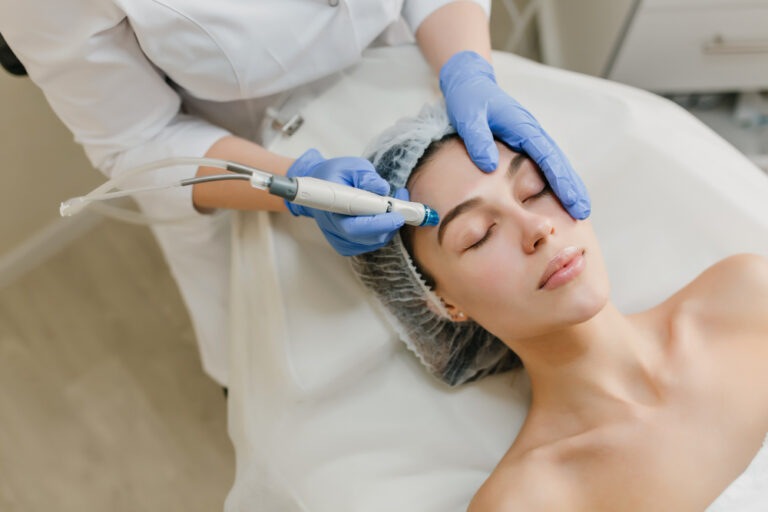
The Impact of Alcohol on Oral Health: Understanding the Risks and How to Protect Your Smile
Alcohol consumption is a common part of social life for many individuals, but its impact on oral health is often underestimated. From increased risk of cavities to more serious conditions such as oral cancer, understanding how alcohol affects your oral health is crucial for maintaining a healthy smile. In this comprehensive guide, we’ll explore the various ways in which alcohol consumption influences oral health, the risks associated with excessive drinking, and strategies to mitigate these effects.
How Alcohol Affects Oral Health
1. Dry Mouth and Reduced Saliva Production
One of the most immediate effects of alcohol on your oral health is dry mouth, also known as xerostomia. Alcohol is a diuretic, meaning it increases urine production and leads to dehydration. Dehydration reduces saliva production, which is essential for maintaining oral health. Saliva helps to wash away food particles, neutralize acids produced by bacteria, and provide essential nutrients to the teeth and gums. A lack of saliva can lead to an increase in plaque buildup and a higher risk of cavities and gum disease.
2. Increased Risk of Cavities
Alcoholic beverages, particularly those high in sugar, can contribute to tooth decay. Sugary cocktails, liqueurs, and sweetened wines provide a food source for bacteria in the mouth. When these bacteria metabolize sugars, they produce acids that can erode tooth enamel. Combined with reduced saliva flow, the risk of cavities is significantly increased but this may be cured with the help of professional like Orthodontist Houston TX. Regular alcohol consumption, especially of sugary drinks, can thus contribute to the development of dental caries.
3. Gum Disease
Chronic alcohol consumption can have a negative impact on gum health. The bacteria that thrive in an environment with reduced saliva can lead to inflammation and infection of the gums. This condition, known as gingivitis, can progress to more severe forms of gum disease, such as periodontitis. Symptoms of gum disease include swollen, bleeding gums, and bad breath. Periodontitis can result in tooth mobility and eventual tooth loss if left untreated.
4. Oral Cancer
One of the most serious risks associated with alcohol consumption is the increased likelihood of developing oral cancer. Alcohol is a known carcinogen, and its effects are compounded when combined with tobacco use. The risk of oral cancer increases with the amount of alcohol consumed and the duration of consumption. Alcohol can irritate the mucous membranes in the mouth and throat, leading to cellular damage and increasing the likelihood of cancerous developments.
5. Oral Lesions and Infections
Alcohol can also lead to various oral lesions and infections. Chronic alcohol use can cause mucosal lesions and increase susceptibility to oral infections, including fungal infections like oral candidiasis (thrush). These infections can cause discomfort, difficulty eating, and further exacerbate oral health problems.
The Relationship Between Alcohol and Oral Health Conditions
1. Diabetes and Alcohol
For individuals with diabetes, alcohol consumption can complicate the management of blood sugar levels. Poorly controlled diabetes can exacerbate oral health problems, including an increased risk of gum disease. Alcohol can contribute to fluctuations in blood sugar levels, making diabetes management more challenging and increasing the risk of oral health issues.
2. Impact on Overall Health
The effects of alcohol on oral health are not isolated; they reflect broader impacts on overall health. Heavy drinking can lead to nutritional deficiencies, weakened immune function, and other systemic issues that can negatively affect oral health. A weakened immune system is less able to fight off infections and maintain healthy oral tissues, making it more challenging to address oral health problems effectively.
Strategies for Mitigating the Impact of Alcohol on Oral Health
1. Moderate Your Alcohol Intake
One of the most effective ways to minimize the impact of alcohol on your oral health is to drink in moderation. The Centers for Disease Control and Prevention (CDC) defines moderate drinking as up to one drink per day for women and up to two drinks per day for men. By limiting your alcohol consumption, you can reduce the risk of oral health issues associated with excessive drinking.
2. Maintain Good Oral Hygiene
Regardless of alcohol consumption, maintaining good oral hygiene is crucial for protecting your oral health. Brush your teeth twice a day with fluoride toothpaste, floss daily, and use an antibacterial mouthwash to reduce plaque buildup and prevent gum disease. Regular dental check-ups are also essential for monitoring and addressing any potential issues early.
3. Stay Hydrated
To counteract the dehydrating effects of alcohol, ensure you drink plenty of water throughout the day. Staying hydrated helps maintain saliva production and supports overall oral health. Drinking water between alcoholic beverages can also help reduce the risk of dry mouth and plaque buildup.
4. Choose Your Drinks Wisely
Opt for lower-sugar alcoholic beverages to reduce the risk of cavities. Dry wines and spirits without added sugars are better choices compared to sweet cocktails and liqueurs. Additionally, avoid sipping alcoholic drinks over extended periods, as prolonged exposure to alcohol can increase the risk of oral health issues.
5. Avoid Smoking
If you drink alcohol, avoid smoking or using other tobacco products. The combination of alcohol and tobacco significantly increases the risk of oral cancer and other serious oral health conditions. Quitting smoking and reducing alcohol consumption can dramatically improve your oral and overall health.
Conclusion
The impact of alcohol on oral health is significant and multifaceted. From increased risks of cavities and gum disease to the more severe threat of oral cancer, understanding these risks is essential for making informed choices about alcohol consumption. By practicing moderation, maintaining good oral hygiene, staying hydrated, and choosing your beverages wisely, you can mitigate the negative effects of alcohol on your oral health and preserve your smile for years to come. Regular dental check-ups and a commitment to oral health are key components in managing and reducing the impact of alcohol on your oral health.


















